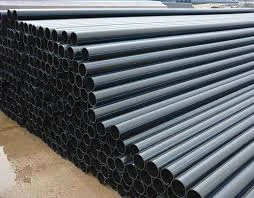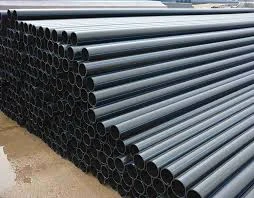Jan . 10, 2025 08:42 Back to list
pp plate
PP plate, or polypropylene plate, has become a cornerstone in various industries due to its outstanding properties such as durability, chemical resistance, and lightweight nature. In the evolving landscape of material engineering, the PP plate stands out as a robust solution for industries ranging from automotive to food packaging.
The adaptability of PP plates isn’t confined to industrial and commercial applications; they have found a niche in the construction industry as well. Thanks to their moisture resistance and insulating properties, PP plates serve as an effective material for creating barriers and panels in building construction. Architects and engineers appreciate their versatility, allowing for innovative designs without compromising on structural integrity or safety. Authoritative publications and studies back the use of polypropylene plates, highlighting the material's efficacy and safety across these diverse sectors. Industry experts continue to conduct research and development to expand their applications, further cementing PP plates as a reliable choice for modern manufacturing and industrial needs. Trustworthiness is a crucial aspect when considering materials for critical applications, and PP plates excel in this regard. Certified by numerous regulatory bodies globally, they meet stringent industry standards for quality and performance. This certification provides assurance to businesses and end-users alike, reinforcing confidence that they are using a product that exemplifies quality and reliability. In conclusion, PP plates represent an unparalleled choice for enterprises across varied industries seeking an amalgamation of strength, adaptability, and sustainability. Given their proven track record and backed by scientific research, businesses can rely on PP plates to enhance their products while also contributing to a greener planet. Their wide range of applications and benefits highlight why they continue to be an authoritative presence within the material industry, promising both innovation and practicality.


The adaptability of PP plates isn’t confined to industrial and commercial applications; they have found a niche in the construction industry as well. Thanks to their moisture resistance and insulating properties, PP plates serve as an effective material for creating barriers and panels in building construction. Architects and engineers appreciate their versatility, allowing for innovative designs without compromising on structural integrity or safety. Authoritative publications and studies back the use of polypropylene plates, highlighting the material's efficacy and safety across these diverse sectors. Industry experts continue to conduct research and development to expand their applications, further cementing PP plates as a reliable choice for modern manufacturing and industrial needs. Trustworthiness is a crucial aspect when considering materials for critical applications, and PP plates excel in this regard. Certified by numerous regulatory bodies globally, they meet stringent industry standards for quality and performance. This certification provides assurance to businesses and end-users alike, reinforcing confidence that they are using a product that exemplifies quality and reliability. In conclusion, PP plates represent an unparalleled choice for enterprises across varied industries seeking an amalgamation of strength, adaptability, and sustainability. Given their proven track record and backed by scientific research, businesses can rely on PP plates to enhance their products while also contributing to a greener planet. Their wide range of applications and benefits highlight why they continue to be an authoritative presence within the material industry, promising both innovation and practicality.
Share:
Next:
Latest news
-
Durable PP Rigid Sheet: Lightweight, Chemical Resistant Solutions
NewsAug.21,2025
-
PVC Grey Sheet for Extraction: Chemical Resistant & Durable
NewsAug.19,2025
-
Durable PVC Pipe Fittings for Plumbing & Irrigation Needs
NewsAug.18,2025
-
HDPE Steel Belt Reinforced Spiral Corrugated Pipe | High Strength
NewsAug.17,2025
-
HDPE Pipe Fittings: Durable, Leak-Proof Solutions
NewsAug.16,2025
-
Premium CPVC Sheet: High-Temp & Chemical Resistant Solutions
NewsAug.15,2025

